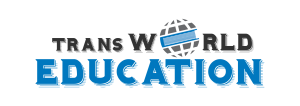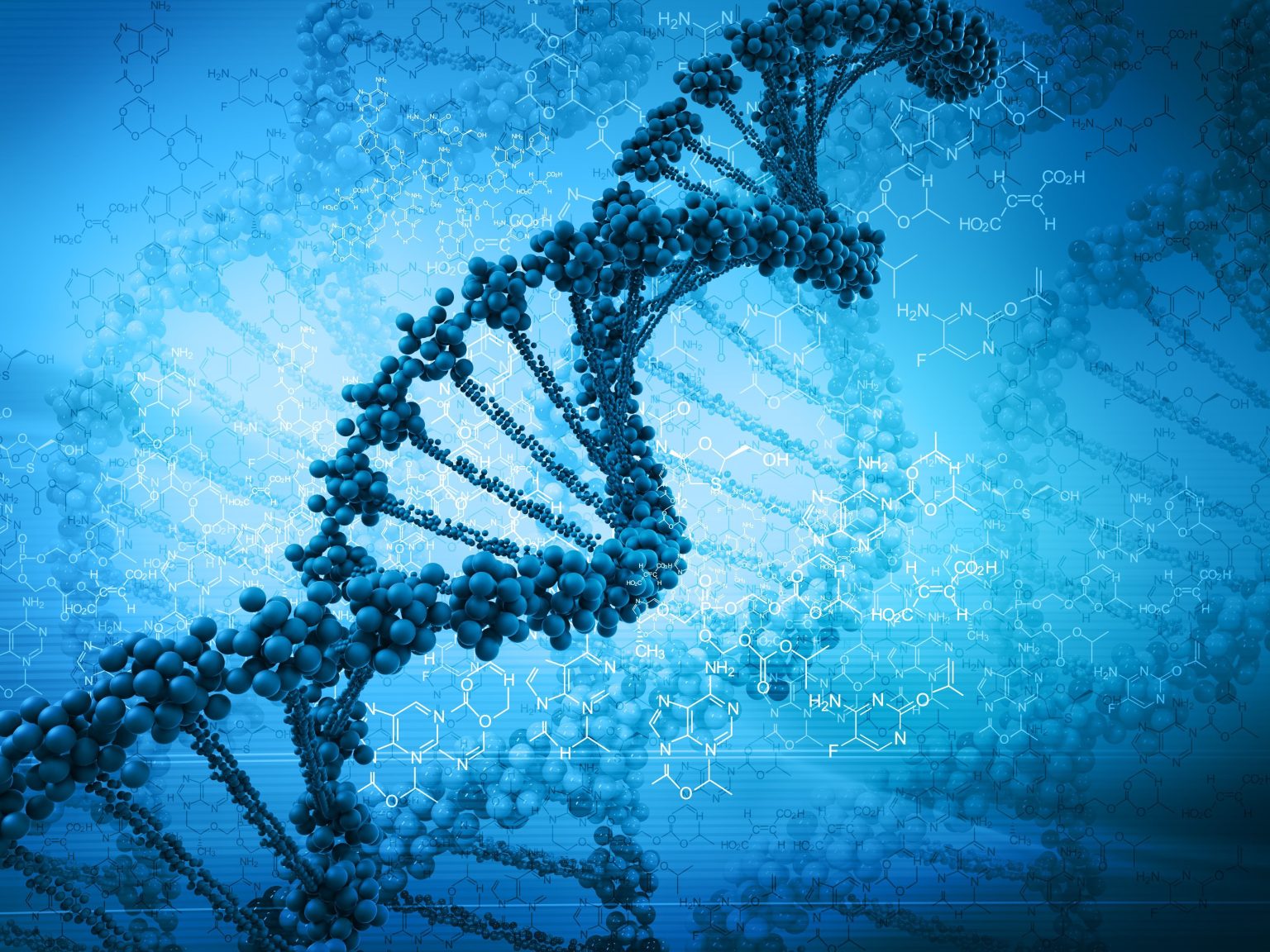Deepankar Goyal’s journey from research scientist to HR strategist reveals how data, empathy, and curiosity can reshape organizational growth.
By Ankit Aggarwal
Published in The Trans World Education | Leadership & Work | October 2020
The Scientist Who Never Stopped Evaluating
Deepankar Goyal built a career that crossed the boundaries of science, data, and human capital. His story traces an uncommon path — from microbiology labs to executive HR leadership in biotech — bound together by one constant theme: the art of evaluation.
Whether studying microbial ecosystems or mapping workforce performance, Goyal applied the same principle — observe patterns, analyze causes, and build systems that adapt. “Every system, biological or organizational, thrives on balance,” Goyal says. “If you can understand its feedback loops, you can predict its success.”
A Researcher’s Precision
Goyal began his US career at the University of Massachusetts, Lowell, pursuing research in Biomedical Engineering and Biotechnology. His dissertation examined how single-walled carbon nanotubes (SWCNTs) influence microbial life in wastewater treatment plants — a pioneering exploration in nanotoxicology.
His work, published in Letters in Applied Microbiology (2010), revealed how environmental changes disrupt microbial balance. For Goyal, it was more than a scientific insight — it was a metaphor for organizational life. “Microbes respond to stress much like teams do,” he later reflected. “Resilience is built on communication and structure.” That mindset — scientific, systemic, and human — would become the foundation for his future career.
From Molecules to Mechanisms
After graduation, Goyal joined Novartis in Cambridge, Massachusetts, where he evaluated high-throughput screening systems for DNA cloning and sequencing. A year later, at Abbott Biological Research, he led biologics R&D projects targeting cancer and autoimmune diseases.
As a project scientist, he managed cross-functional teams, balancing timelines, data integrity, and resource allocation. Each research project became, in essence, an organizational experiment — testing not just scientific hypotheses, but human performance and collaboration. By the end of 2012, Goyal realized he wasn’t just fascinated by results; he was drawn to the processes that made results possible.
Turning Toward Human Systems
Thus in 2012, Goyal took an unconventional leap — from lab science to people science. Joining Integrated Resources Inc., he began evaluating workforce systems in healthcare and biotech. His analytical rigor transformed traditional recruitment into a data-driven discipline. He studied retention patterns, hiring velocity, and cultural fit as carefully as he once studied genetic variance. At Kelly Scientific Resources, his approach helped drive significant annual revenues and reduced attrition rates across key clients.
“Hiring is an experiment,” Goyal often says. “You design hypotheses about talent, test them with data, and adjust based on outcomes.”
By 2015, his role at Biogen elevated his impact further. As a Talent Acquisition Partner, he streamlined global recruiting processes, improving hiring manager satisfaction across R&D and technical operations. It was here that Goyal’s evaluator’s lens — honed in the lab — met its human counterpart. Every metric told a story, and every story revealed a system in need of refinement.
Scaling Cultures at Speed
At Takeda Pharmaceuticals Goyal transitioned from evaluator to strategist. He managed full-cycle recruitment for R&D teams across multiple U.S. sites while improving operational efficiency and diversity outcomes. His work aligned scientific precision with organizational empathy — ensuring that systems scaled sustainably, not just rapidly.
In 2018, Goyal joined Intellia Therapeutics, one of the most innovative CRISPR-based biotech firms in Cambridge. Over four transformative years, he helped guide the company from 70 employees to more than 450. As Senior Manager of Talent Acquisition Enablement, he built data-driven HR processes, developed compensation frameworks, and led internal sourcing initiatives that cut agency costs by 40%. He also helped define immigration and compliance programs critical to the company’s expansion.
What distinguished his leadership wasn’t just efficiency — it was balance. He brought the same stability he once sought in microbial systems to the chaos of startup growth.
Defining the Modern Evaluator
By 2020, Goyal has emerged as more than a scientist or HR professional — he has become a modern evaluator, bridging disciplines with evidence and empathy. He viewed organizations as living systems: influenced by data, culture, and leadership rhythm. In his eyes, HR was not an administrative function but a diagnostic tool for organizational health.
“Evaluation isn’t judgment,” he explains. “It’s the art of understanding — of seeing how people, processes, and purpose align.”
This philosophy continues to guide his approach today. As biotech companies balance innovation with scale, voices like Goyal’s — grounded in both science and human behavior — are shaping the next era of organizational intelligence.
This profile is part of the Trans World Education “Leaders in Transition” series, featuring professionals who merge scientific thinking with organizational leadership to shape the future of work in life sciences.

